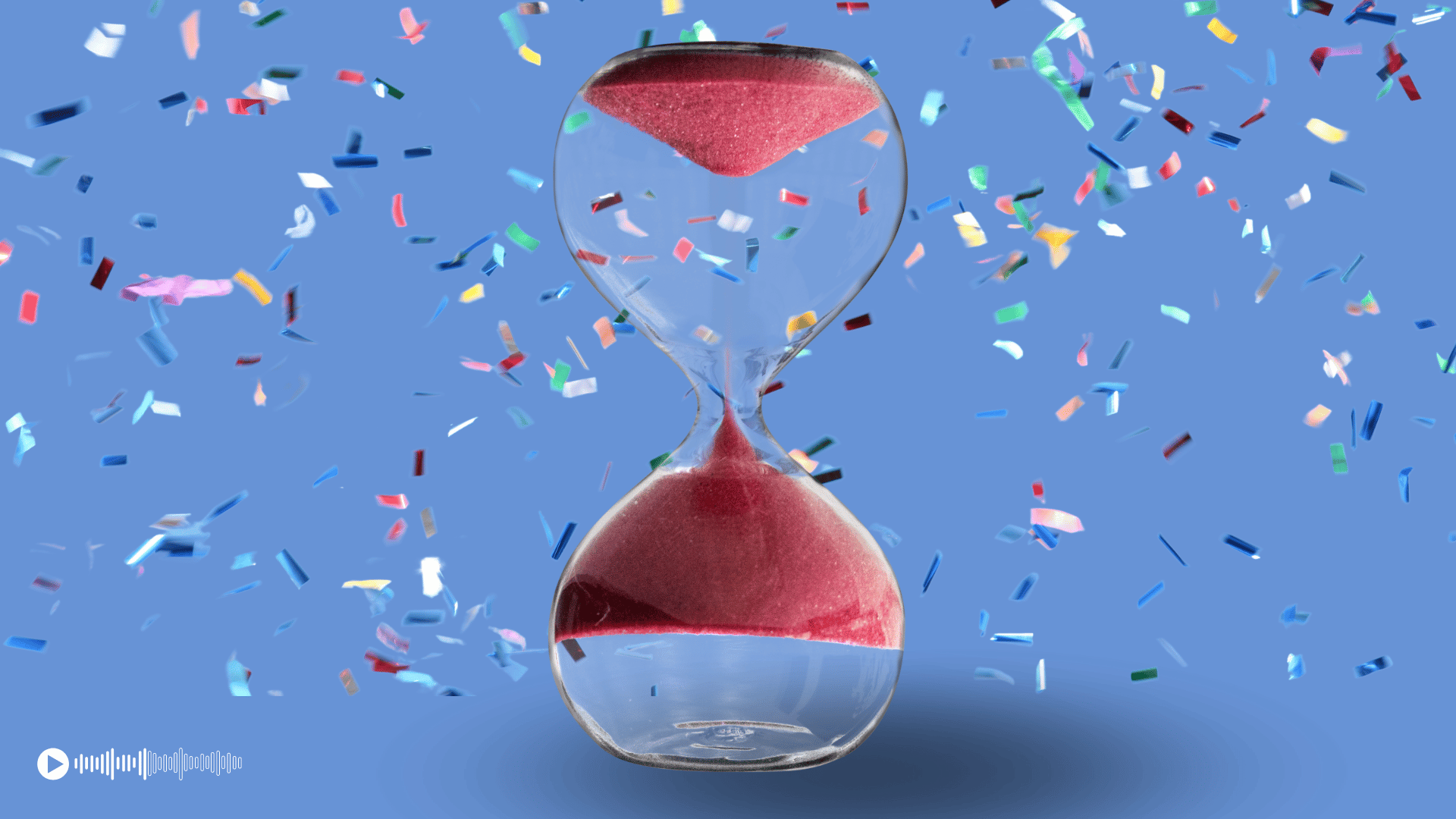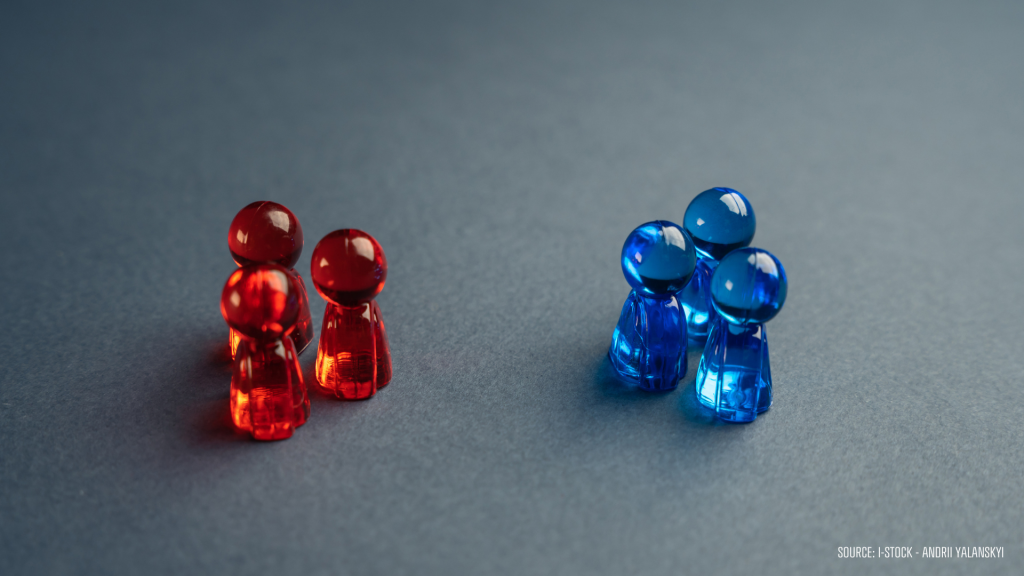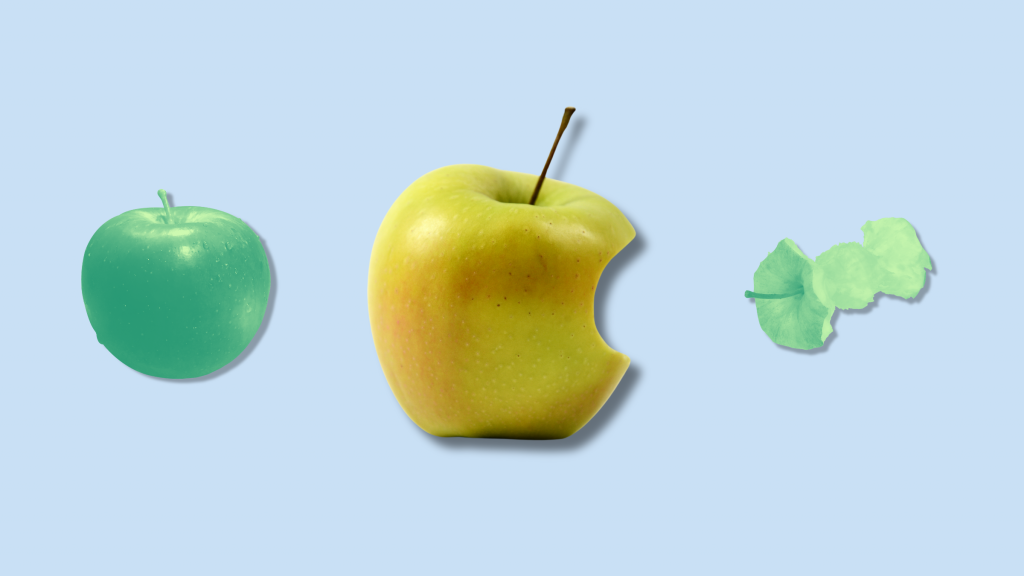Read full speech below
About the Episode
In this episode, you can listen to the opening speech on the occasion of the 20th centre anniversary by Centre Director Steen Vallentin.
Listen on

Celebrating 20+ Years of Sustainability at CBS: The History and Prospects of the CBS Sustainability Centre
How did it all began…
It was in the olden days under President Finn Junge Jensen, when many flowers were allowed to grow, but it was before Dorte Salskov-Iversen took the reigns as Head of Department of what was then the IKL department.
The centre came into being as CVR – the centre for Corporate Values and Responsibility in the Spring/early Summer of 2002. Professor Peter Pruzan was retiring, and the centre was meant to institutionalize and secure the continuation of the work that in particular he and colleagues, including Ole Thyssen, had been doing on values-based management and ethical accounting going back to the mid- to late 1980s.
Whereas the work of Pruzan and colleagues had a philosophical, ethical, sometimes spiritual edge, the centre took off in a less, if you will, normative direction with a broader social sciences and humanities orientation. Instead of elderly philosopher kings, a younger and certainly more hard-nosed associate (soon to be full) professor and communications scholar, Mette Morsing took the lead and kept it for ten years (plus some). Needless to say, Mette is truly the founding mother of the centre, although people like myself have also been along since the beginning.
Mette combined – and still combines (I’m sure, with UN PRME) – an unbelievable ability to work hard, think big, attract international talent and, overall, convince important people about the merits of CSR and sustainability, open doors (kick them in, if necessary), lead up and make things happen. Her main partner in crime for many years was Jonas Eder-Hansen, a former student of hers, who became the first centre manager. In fact, for a few years, Mette and Jonas pretty much were the centre. The centre was virtual to begin with and centered on their office and tactical manouvering at Dalgas Have and elsewhere at CBS.
The centre only became a proper, physical entity after IKL’s move to Porcelænshaven in 2005, and after a kind donation of DKK 1 million from our friend Mads Øvlisen in 2006. This donation helped convince the top brass at CBS that there was something to build on here. And so it came to be. Under the strategic leadership of the dynamic duo Mette and HoD Dorte, who must be credited with doing a lot of the heavy lifting and institutional work needed to secure a solid base for CSR and sustainability at CBS.
Their joint efforts were instrumental in attracting people like professors Lucia Reich, Kai Hockerts, Andreas Rasche, Dennis Schoeneborn and Jeremy Moon to Copenhagen and CBS – and they among others have been instrumental in raising the bar for our research, teaching and overall performance and professionalism. And for attracting and helping to develop the skills of top-flight PhD students.
The years at Porcelænshaven saw the centre develop into one of the largest business school concentrations of researchers doing work on different aspects of CSR, sustainable development, social entrepreneurship, multi-stakeholder initiatives, ESG … the list goes on. The centre is widely acknowledged as one of the top-class research environments in Europe.
As we know, people are the most valuable resources that organizations depend on. But apart from recruitments, important milestones (other than the centre becoming a proper centre) include hosting the 2nd International EABIS Colloquium in 2003 – starring Michael E. Porter himself; the establishment of the CBS PRME office (2009); hosting the Knowledge Group on CSR (2010-2018); the work of the Sustainability Platform, coordinated by Mette and Stefano Ponte (2011-2016); hosting the NGO-Business Partnership2012 conference, starring Kofi Annan and Crown Princess Mary; the GRB (Governing Responsible Business) World Class Research Environment funding, spearheaded by Andreas Rasche (2014-2019); the Velux Chair in corporate sustainability (2014-2019), which brought us Jeremy Moon. Most recently we have engaged in the centre mash-up collaboration, first with University of Bath (from 2020 and onwards), now also with ESADE. Add to this a large number of externally funded research projects, none mentioned none forgotten. There are so many – as we have so many entrepreneurial colleagues that are skillful at attracting external funding.
In 2007, the centre’s name was changed to cbsCSR (coined by Kai Hockerts), which seemed more fitting and aligned with where we were going, although the centre was never exclusively about CSR. It always had a much broader business and society scope, both in terms of research and teaching. In 2018, after relocating to Dalgas Have along with the newly formed MSC department, the centre was relaunched as CBS Sustainability and …
… now we are officially changing it to CBS Sustainability Centre – to avoid misunderstandings like people thinking the centre is a campus or staff function taking care of sustainability at CBS, and to make people, who prefer that centres have “centre” in their name, more comfortable. As institutional theory predicts they will be.
Mette’s legacy was carried on first by Esben Rahbek Gjerdrum Pedersen, who took over as Academic Director in 2012. I took over from Esben in 2016, then Jeremy Moon took the hot seat in 2019 (after the completion of the Velux Chair funding), and now it’s me again. In the important Centre Manager role, Jonas (who left for the big wide world of sustainable fashion in 2010) has been succeeded by Elisabeth Crone, Janni Thusgaard Pedersen, Elise Lind Jacobsen, Kirsti Reitan Andersen, Louise Thomsen and, since 2016, Sarah Netter, who is my close collaborator. Many of our former centre managers have continued their careers as sustainability professionals in prominent businesses or other organizations. They all deserve great thanks for their important contributions to the centre’s development.
It is important also to mention and give thanks to the many student assistants that we’ve had at the centre over the years. They have made outstanding contributions to everything from our research and data collection and -crunching to events, seminars and conferences. We couldn’t do big things, and look professional and well-organized (cool, calm and collected) while doing them, without outstanding contributions from student assistants. It’s as simple as that.
Overall, the centre has developed in close dialog, collaboration and partnerships with leading businesses like Novo, Maersk and Carlsberg and leading professionals from businesses large and small, civil society organizations and other organizations. Not to mention student organizations like oikos Copenhagen. Teaching has also played a crucial role in our development. Not just as something we do, but as something we learn from. Today, we are present at pretty much every level of education at CBS – from bachelor to MSc, PhD, FT and EMBA, Master programs, CBS Executive programs and HD. You name it.
What has changed, then, over 20 years?
You may be tempted to say: everything has changed! But it would be an exaggeration. After all, we are still struggling with the same fundamental questions of how to reconcile economic instrumentalism and economic growth imperatives with social responsibility and sustainable solutions. And in a world of crises (in the plural) and multiple conflicts, it is not always apparent that we are moving in the right direction or that we are moving fast enough. However, a lot has changed – at CBS, in the research and education ecosystems we are part of, and in society.
Certainly, the publication game has changed dramatically, for better or worse, both in a general and a more specific sense. It has become more international, more demanding and more market-like. In research we have witnessed an explosive growth in publications and research outlets, with the proliferation of more specialized journals and with mainstream management and organization journals (and others) publishing papers on CSR and sustainability. As a result, junior researchers are now, compared to 20 years ago, entering a field with more established and varied research streams and more clearly defined areas of interest and concern. From a social sciences perspective much more is arguably possible, and many more research streams and opportunities are available. Our international networks have also grown stronger.
Besides, with the climate crisis and the proliferation of the UN Sustainable Development Goals and other developments, there is now an unprecedented urgency and awareness around sustainability issues and green transition, in society and among businesses, and it makes a difference in the classroom. Whereas, 15-20 years ago, we were used to having discussions with anti-CSR Friedmanites arguing that ‘the business of business ought to be nothing more than business’, this viewpoint is hardly ever voiced in class anymore (is my experience). Having said that, we meet other challenges teaching sustainability these days – with things being the way they are in the world …
But, instead of discussing whether companies need to engage in sustainability, it has become more a matter of how. Obviously, there are a lot of unanswered questions pertaining to that how – for most if not all companies. We are facing a lot of complex and wicked problems and the solutions involve complex interrelations between government regulation, corporate self-regulation, supply chains and stakeholder engagement. More than ever before, it is important that CBS is able to support and provide knowledge and guidance for professionals, businesses and other organizations in their efforts to deal with the environmental, social and economic opportunities and challenges of sustainability.
Speaking of contribution and legacy in the realm of sustainability and social responsibility, and keeping in mind the omnipresent Nordic Nine, Scandinavia has a proud heritage in this field. Just think of the Brundtland report, starring then Norwegian Prime Minister Gro Harlem Brundtland, and the work of Thomas Rockström and the Stockholm Resilience Centre on the Planetary Boundaries framework. Even the stakeholder model is supposedly a Scandinavian invention – being the brainchild of a Swedish professor of business administration, Eric Rhenman back in the 1960s (our friend, the American “Sustainability Viking” and fan of all things Nordic Robert Strand, now at Berkeley, wrote a paper about this with R. Edward Freeman ten years ago).
The centre’s manifold contributions are arguably a little harder to pin down. Meaning that one of our key strengths has always been our diversity and cross-disciplinarity. Our faculty is diverse both in terms of nationalities and disciplinary allegiances and backgrounds.
Centre faculty continue to make vital and leading contributions within and between the research streams that serve to organize our work:
- Sustainability governance
- Social entrepreneurship and innovation
- Consumer and behavioral research
- Communication and organization studies
It is the co-existence and cross-fertilization of different perspectives that is our special claim to fame
It is an important claim – considering the complexity of the problems and challenges we are facing. Of course, the centre is not alone in addressing sustainability challenges at CBS. We are, now more than ever, part of a larger ecosystem that includes not only our sister centre, CBDS and other researchers at MSC, but also the Green Transitions initiative, the Copenhagen School of Energy Infrastructure, the PRME office and research involving colleagues from, I dare say, most other departments at CBS. We see it as part of our function within CBS to facilitate dialog about sustainability across different silos and research disciplines and environments.
Taking a look around internationally, countless other business schools and universities have established sustainability centres in recent years. They want to communicate that they are part of the solution. The Network for Business Sustainability is organizing the Sustainability Centers Community (SCC), which is a virtual network of nearly 200 sustainability centres around the world. Just to illustrate.
However, while the field is definitely becoming more competitive (and collaborative) with many parties vying for resources and attention, few can match us in terms of knowledge, expertise and critical mass. To repeat myself, and once again reveal my obvious bias, the investment that CBS has made in sustainability over the years, alongside our geographical and cultural location (CPH, DK, Scandinavia, the Nordics), give us a sustained competitive advantage compared to many of the business schools we would like to be compared with internationally. We hope to be able to build on this advantage in the coming years. At the centre and other parts of CBS and in collaboration and partnerships with businesses, civil society organizations and government, not to mention students.
In closing, the establishment and persistence of the centre has been part of CBS’ journey and transformation into becoming a business university with a high international profile. While integration of sustainability into everything we do may be the aspirational end goal, specialization is needed to keep us ahead, and it will be needed for many years to come. It is part of what it means to be a transformative business school. It is not surprising that I would say that. These will be my last words for now. Thank you.

Steen Vallentin is an Associate Professor in the CBS MSC department and Academic Director of the CBS Sustainability Centre. Hi research centres broadly on CSR and sustainable development with a particular interest in the political-ideological underpinnings of CSR as theory and practice – along with the roles that governments take in promoting and enabling CSR.



